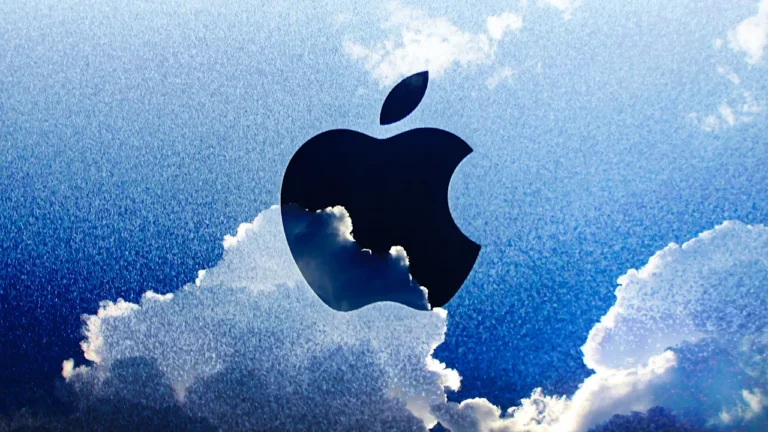Dado Ruvic/REUTERS
- Outsourcing may increase as companies seek workarounds to President Donald Trump’s H-1B fee hike.
- A global HR firm specializing in outsourcing services reported an increase in inquiries.
- Economic experts say the globalization of work may lead to higher wages for foreign workers.
Your future colleagues may be increasingly based in other time zones.
After President Donald Trump signed an executive order in September that slapped a fee of $100,000 on every new H-1B visa, the tech industry collectively panicked and scrambled.
Most tech giants like Oracle, Meta, and Apple have at least a few thousand workers using the work visa, while Amazon notably got more than 10,000 H-1B visa approvals in total in 2025.
Experts in economics and hiring practices told Business Insider that outsourcing work to other countries may become more common under the visa fee hike, which could have implications for wage levels and bargaining dynamics.
Rather than paying $100,000 in fees to bring a new hire to the US, companies may become more keen on hiring a remotely based employee in their native country, who would be receiving a different set of wages and have jobs that are not tied to their immigration status.
A potential workaround
Nicole Sahin, founder and CEO of Globalization Partners, told Business Insider that her company, which provides pathways to obtaining global talent without a work visa, has seen more inquiries than usual since the fee hike. She added that around 25% of tech companies are already outsourcing work for a competitive edge.
“The globalization of work is really rampantly on the rise,” said Sahin. “It’s becoming a strategy for a lot of companies to, instead of bringing talent to the US, they’re just saying ‘this is the global salary, and we’ll let you work remotely from wherever makes sense for you.'”
“So we’ve seen employees who are really competent engineers who previously had a job in California with a pedigree of working at high-growth companies, going back and working from wherever they’re from because they can, and their compensation goes a lot further there,” Sahin added.
Even with larger companies driving an RTO push, Business Insider previously reported that the rate of working from home actually increased between 2023 and June 2025, mainly driven by younger companies and startups that want to attract talent.
Through Globalization Partners, an American company would be able to hire someone who lives in another country without registering the business elsewhere. Globalization Partners could register an international employee with its own legal entity in said country, handle contract and compliance with local law, and the company that made the hire would be paying that employee by first paying Globalization Partners. The whole process costs the company about $500 a month per foreign employee, which is 200 times less than the work visa fees.
“For the US, that means an exodus of really important talent,” said Sahin. “Previously, a lot of immigrants came here and set up businesses, but if they’re not going to be here, then they’ll set up their businesses at home.”
A change in wages and bargaining power
The globalization of the workforce could have an impact on wages both in the US and abroad.
The narrative commonly depicts foreign workers on visas, whether highly skilled or otherwise, as a threat to the opportunities and wage levels of American workers. But Han Stice, associate professor of accounting at George Mason University’s Costello College of Business, told Business Insider that his research actually shows the opposite.
In one study, Stice found that at Deloitte, the global consulting company, while H-1B workers in the American branch are paid about 10% less than their US peers, their presence actually led to higher wages for American employees at the same company.
“From an economic standpoint, outsourcing work to other countries could put upward pressure on wages in those countries, but the effects of that on local wages here are unknown,” said Stice. “If employees inside the US are willing to accept lower salaries because their jobs will be outsourced overseas, that would be perfectly legal.”
According to the United Nations Economic Commission for Europe, the average monthly wage in the US in 2024 is more than $6,900 for every full-time position, which is among the five highest average wage levels in the world. Countries like India and China, from which many H-1B visa holders originate, did not even make the top 50 on the same UNECE ranking.
Even if the US government decides to financially punish companies for offshoring jobs to countries with cheaper labor, Devashish Mitra, professor of economics and global affairs at Syracuse University, told Business Insider it still might be worth it.
“Let’s say a company offshores programming work to India, they would probably be paying a quarter of what they pay here, or even less,” said Mitra. “So even if the US government taxes them 100% for what they’re paying foreigners abroad, it’s still going to work out well for the Big Tech companies.”
Though those who are looking for pathways to immigrate to the US may be out of luck, offshored jobs may actually benefit foreign workers and their bargaining power.
“One of the reasons that H-1B visa holders may accept lower salaries is because they just want a job, and the salary that they’re being offered is higher than they could make at home, so they don’t push back, they just say ‘yes,'” said Stice. “But once companies have silo offices in China or India, that layer of power dynamic is bound to change.”
Among larger tech companies, Google already has offices in 60 countries worldwide, while Meta and Amazon both have workers in dozens of countries.




